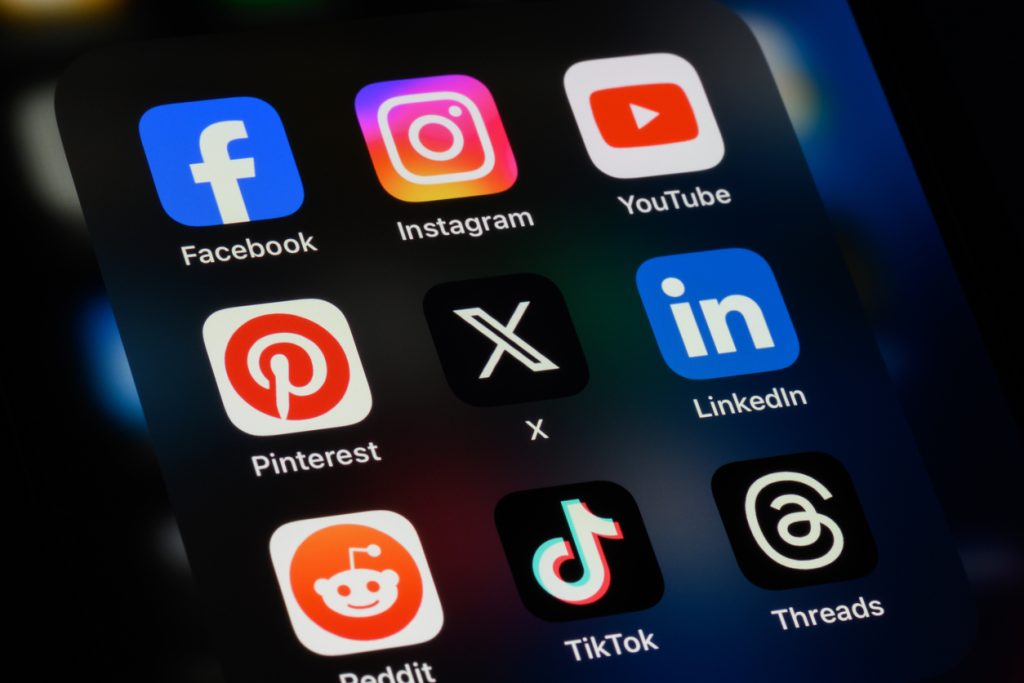Social media and digital platforms have been pivotal in raising awareness about the war in Gaza; however, experts have raised concerns about algorithmic bias and content censorship.
Over the past year, Palestinians have harnessed digital media to broadcast events in Gaza to audiences across the Arab, Islamic, and Western worlds, igniting global demonstrations of support. Nevertheless, experts assert that social media algorithms are hindering the visibility of Palestinian content.
Abdoulhakim Ahmine, a Moroccan media and communications expert, highlighted that Israel has targeted prominent social media personalities, YouTube channel owners, and journalists who are live-streaming from Gaza due to the intense digital engagement of young Palestinians. “Some countries, especially France and Germany, initially imposed some kind of digital restrictions, but were forced to back down due to growing popular support for Palestine,” Ahmine noted, emphasising a “communicative pressure” on young individuals expressing their views on these platforms.

Technology researcher Hassan Kharjouj pointed out that the algorithms of digital platforms heavily censor Palestinian content, significantly limiting its reach. He mentioned that users have begun employing various techniques to evade content removal.
According to Sada Social, a research centre based in Palestine, there were over 5,450 reported violations against Palestine-related digital content in the first four months of 2024, as noted in a May 2023 report. The violations were distributed across platforms as follows: Instagram accounted for 32%, Facebook 26%, WhatsApp 16%, TikTok 14%, and X (formerly Twitter) 12%.
Despite these obstacles, social media continues to be an essential tool for disseminating information about what many describe as Israel’s genocidal actions in the region.


